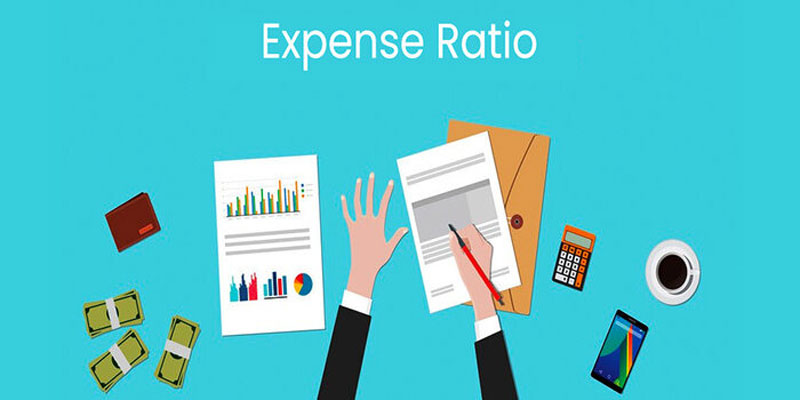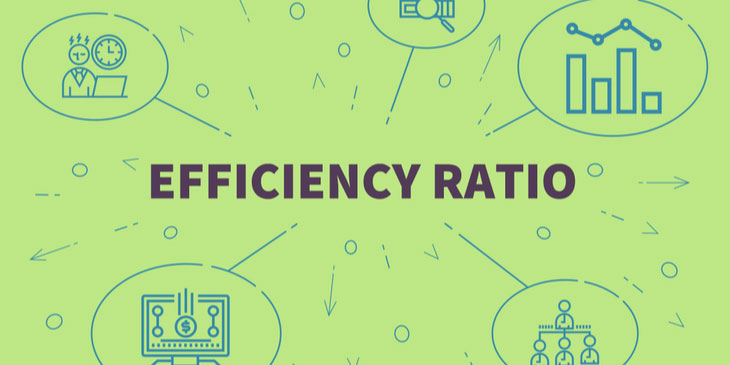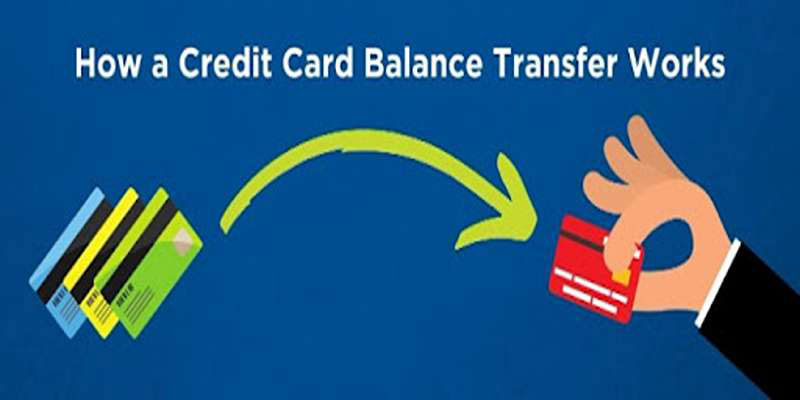When Should I Refinance My Auto Loan?
Dec 13, 2023 By Susan Kelly
If you're unsure whether refinancing your auto loan is the best course of action for you, take into account the following factors:
Lowering your monthly payment is undoubtedly a priority if you're considering refinancing your auto loan. However, if your monthly payment is lower, you can pay more interest throughout your loan. Using the following six suggestions, you can decide whether or not to refinance your auto loan.
Refinancing necessities
Ask about the specifics because the requirements for refinancing vary depending on the bank or lender. For instance, you might be qualified for a refinance with Bank of America if you have $7,500 or more left on your auto loan ($8,000 if the loan was made in Minnesota), the car is under ten years old, and it has fewer than 125,000 miles on it. You can figure out if refinancing will save you money with our auto loan refinance calculator.
Early payment penalties fees
Exists a penalty for early loan repayment that you must currently pay to your lender? If you have a Bank of America auto loan, even though it is free from these penalties, do the math: Refinancing may still be advantageous if the amount you save far outweighs the penalty.
Rates Of Interest
Refinancing a car can be a wise choice if the interest rate you qualify for today is much lower than the rate on your current loan. It's usually not the best time to refinance if it's the same or higher.
Amount of time left on your loan
You can keep more money in your pocket each month by refinancing and prolonging your loan, but you may pay more interest over time. However, you will pay less overall if you refinance to a lower interest rate for the same or a shorter period than you currently have.
If you recently purchased a car, you might wonder when you can refinance your auto loan to lower the payment or interest rate. You can technically refinance a vehicle loan as soon as you locate a lender willing to approve the new loan.
When should you refinance your auto loan?
Here are some broad recommendations to aid with your refinancing decision. The initial length of the auto loan is between 60 and 90 days. The manufacturer or former car owner typically needs two to three months to transfer the title to your current lender. If the title hasn't changed, the majority of lenders won't even consider a refinancing application. However, waiting can allow you to compare rates and pre-qualify with different lenders.
Your credit score might have suffered as a result of the thorough inquiry that was made when you applied for the initial loan. The interest rate on your new loan could increase due to this decline. You will profit from waiting for your credit score to increase, except when you currently have excellent or good credit (a FICO score of 690 or higher).
The car loan has been in place for at least a year.
Before making any modifications, hold off until the loan has been in place for at least six months. This will give your credit score more time to bounce back from temporary reductions. Wait until your credit score qualifies you for a rate lower than your present if your goal is to cut the interest rate and monthly payment.
You should wait at least a year before refinancing if this is your first time borrowing money for a car or if you've previously experienced credit problems. This will allow you plenty of opportunities to establish a solid track record of timely payments. Some lenders won't examine your refinance application until you've made six to twelve months of on-time payments.
The auto loan still has at least two more years to run.
Your auto loan should still have at least two years to benefit from refinancing. If you refinance too late in the term, there are fewer savings because most interest is paid at the start of the loan.
Most lenders also have to refinance criteria that apply later throughout the loan. The number of months left on your loan term, the total amount still outstanding, the age and mileage of the car, and others vary depending on the lender. Ask the lenders about their specific refinancing requirements when applying to them.
Do you need to refinance?

Give yourself plenty of time to apply with different lenders and compare offers whenever you decide to refinance. You can determine whether to refinance at all by contrasting refinance offers with your existing auto loan.

Navigating Farm Loans: Unveiling the Best Options and Securing Your Agricultural Future

Top 7 PayPal Alternatives in 2022

How Mutual Fund Expense Ratios Work: Explain in Detail

Deciphering Financial Choices: Cash Management Account vs. Money Market Fund

Efficiency Ratio: The Financial Metric That Calculates How Profitable Your Bank Is

Everything About: Investing in a "Turnkey" Property

Benefits of LensCrafters Credit Card – The Ultimate Review

Balance Transfer Credit Cards: What You Need to Know

Taking A Loan Against Your Life Insurance Policy


